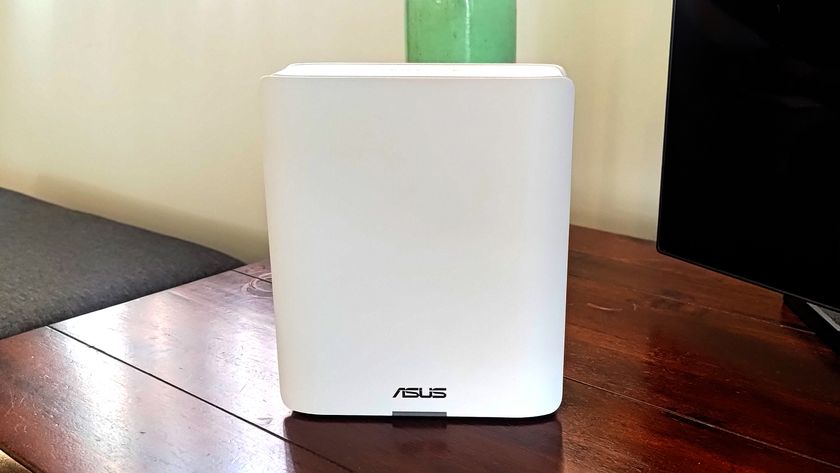If the US government tapped Cisco routers, will your tech company be next?
How 'Big Brother' could catastrophically impact the tech industry
Eight vendors out
In fact, last December eight technology vendors, including AOL, Apple, Dropbox, Facebook, Google, Linkedin, Microsoft, Twitter and Yahoo, united to draft and send a letter to the president and members of Congress expressing that the US government's surveillance efforts were harmful. They urged the US to establish reforms to ensure government surveillance is "clearly restricted by law, proportionate to the risks, transparent and subject to independent oversight."
Despite concerns, U.S. intelligence officials continue to defend surveillance procedures and claim all practices are focused on gathering intelligence against legitimate foreign threats.
Surveillance as the new normal
As Greenwald's book continues to grow in popularity in the US and abroad, consumers cannot deny that surveillance is a widespread phenomenon.
"There was a sort of inevitability to this," says Kindervag. "It's only natural that the NSA was going to push the boundaries of acceptable behavior until they got disciplined. The digital world in general and the Internet specifically are very young in the scope of world history. We have not yet found the equilibrium between national security and privacy in the digital age."
In addition, the government's actions can be argued as lawful. According to the Foreign Intelligence Act of 1978 (FISA), physical and electronic surveillance and collection of foreign intelligence information between foreign powers and agents of foreign power, including American citizens or permanent residents suspected of espionage or terrorism, within the US is permitted.
FISA has undergone several amendments over the past several decades, most notably with foreign intelligence in 2008 when the director of national intelligence and the attorney general were authorized to jointly conduct warrentless electronic surveillance to foreigners abroad.
The timeless conundrum
Of course, striking a balance between privacy and data collection on behalf of national security remains a controversial issue in the US. Many worry that government surveillance will become commonplace and used against them, however national security is ubiquitously high priority. The solution? For Baggili, who has devoted his academic and professional career to studying cyber security and the law, the answer will stem from conducting more research.
Get daily insight, inspiration and deals in your inbox
Sign up for breaking news, reviews, opinion, top tech deals, and more.
"As we continue to enter the age of big data, the situation will only worsen," he says. "These challenges need some serious multidisciplinary research in order to understand both the technical component, and the human and psychological components in both organizations and individuals."
Or, perhaps simply more time needs to pass.
"A century from now, we will look back at the Snowden event and see it as a positive moment in history where balance began to be restored," predicts Kindervag. "There is still too much emotion inherent in the Snowden and NSA debacle right now."
Stay tuned, however, history moves quickly.













